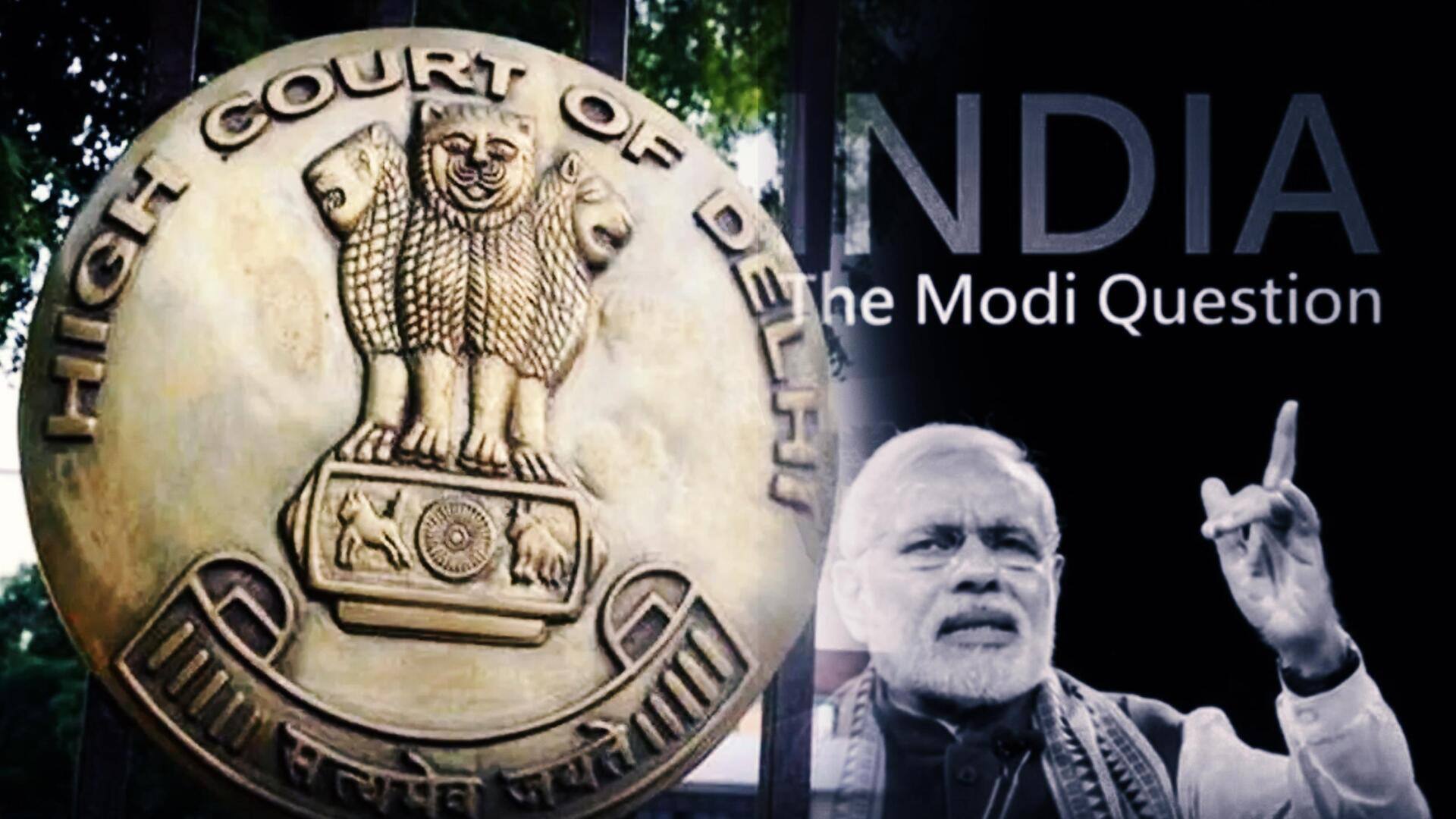
Delhi High Court judge recuses himself from BBC documentary case
What's the story
Justice Anup Jairam Bhambhani of the Delhi High Court recused himself on Friday from hearing a plea against the British Broadcasting Corporation (BBC).
The plea was filed by Gujarat-based NGO—Justice On Trial—which is seeking damages from the BBC for its documentary India: The Modi Question.
The NGO alleges that the documentary damages India's reputation and makes false and defamatory claims against Prime Minister Narendra Modi and the Indian judiciary.
Rescheduling
Case to be rescheduled for another bench, court orders
Following Justice Bhambhani's decision, the court ordered that the petition be listed before another bench for hearing on May 22, subject to orders of the acting chief justice.
Justice On Trial is seeking damages of ₹10,000 crore for what it claims is a "loss of reputation and goodwill caused to the Hon'ble Prime Minister of India, the Government of India, the Government of Gujarat...and also the people of India."
Allegations
Centre banned the documentary shortly after its release
The plaintiff organization, registered under both the Societies Registration Act, 1860, and Bombay Public Trust Act, 1950, has also filed an Indigent Person Application.
This application allows individuals or organizations with little financial resources to file lawsuits.
The Centre banned the documentary shortly after its release, calling it a piece of propaganda that lacks objectivity and reflects a colonial mindset.
It had also issued directives to block YouTube videos and X (formerly Twitter) posts sharing links to the BBC documentary.
Censorship
What is the documentary about
BBC Two's 2023 documentary series, India: The Modi Question, explores PM Modi's relationship with the country's Muslim minority.
The first section discusses PM Modi's early political career and his role in the 2002 Gujarat riots while he was the chief minister of Gujarat.
The second part "examines the track record of Narendra Modi's government following his re-election in 2019."